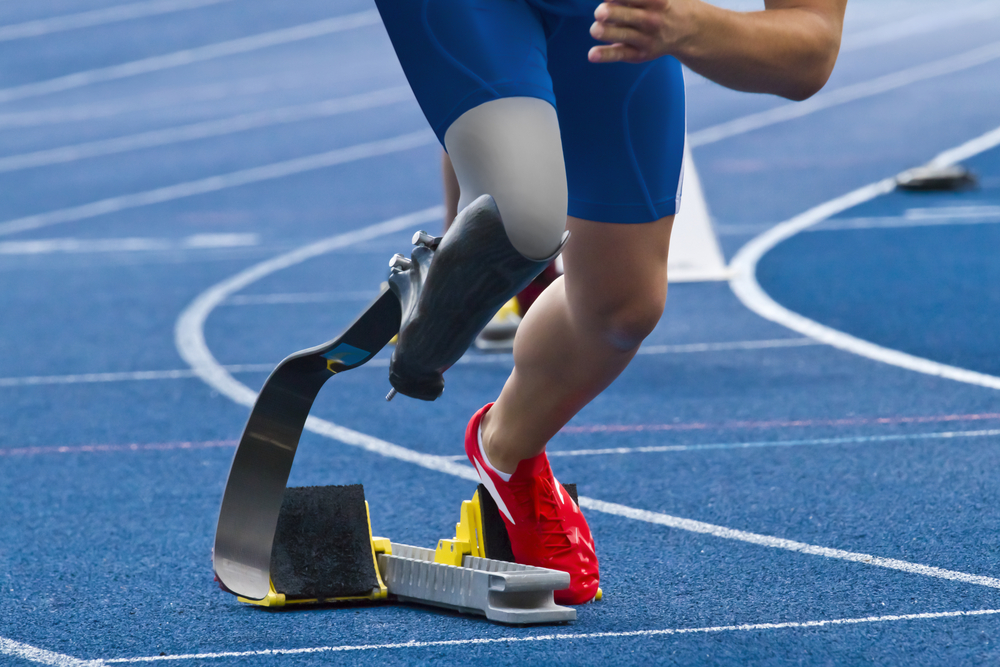
One of the top Paralympic sprinters in the world is the latest major athlete to receive a lengthy ban for a doping violation. Blake Leeper was formally suspended for a year by the U.S. Anti-Doping Agency over a failed drug test last summer. They announced last Monday that the test turned up a byproduct of cocaine in his system, but do not believe the 26-year-old took it for performance enhancing purposes. Because the ban is retroactive to last June, Leeper will still be able to be compete later this summer at the Paralympic trials in Charlotte for a chance to take part in the 2016 Summer Paralympics in Rio de Janiero.
“I made a mistake and I am deeply sorry for my behavior and for letting all the people who believed in me down. I am taking full responsibility for the bad choices I have made in my life,” said Leeper in a statement. “If I can overcome the monumental obstacle of being born without legs to become a world-class athlete, I can overcome my mistakes and become a role model Olympian which I am working hard to prove in Rio. I apologize to my fans, sponsors, friends and family and I am grateful to have this opportunity to prove that anything is possible with or without legs.”
The Paralympic games have remained free of doping for the most part, but violations have occurred in recent years. In 2012, Russian powerlifters Vadim Rakitin and Nikolay Marfin, as well as Georgian powerlifter Shota Omarashvili, each received two-year bans after testing positive for human growth hormone during the London Paralympics. Toni Pascual, chair of the International Paralympic Committee’s anti-doping body, credited “new methods [that] are able to detect misuse of human growth hormone over a span of weeks, compared to previous methods used which only detected use over a shorter time period.
The first positive drug tests at the Paralympics occurred at the 1992 Barcelona Games, where five athletes tested positive for banned substances. The 2000 Sydney Games yielded 14 positive tests, while German cross-country skier Thomas Oelsner received a two-year ban for his positive result after winning two gold medals at the 2002 Salt Lake City Winter Paralympics.